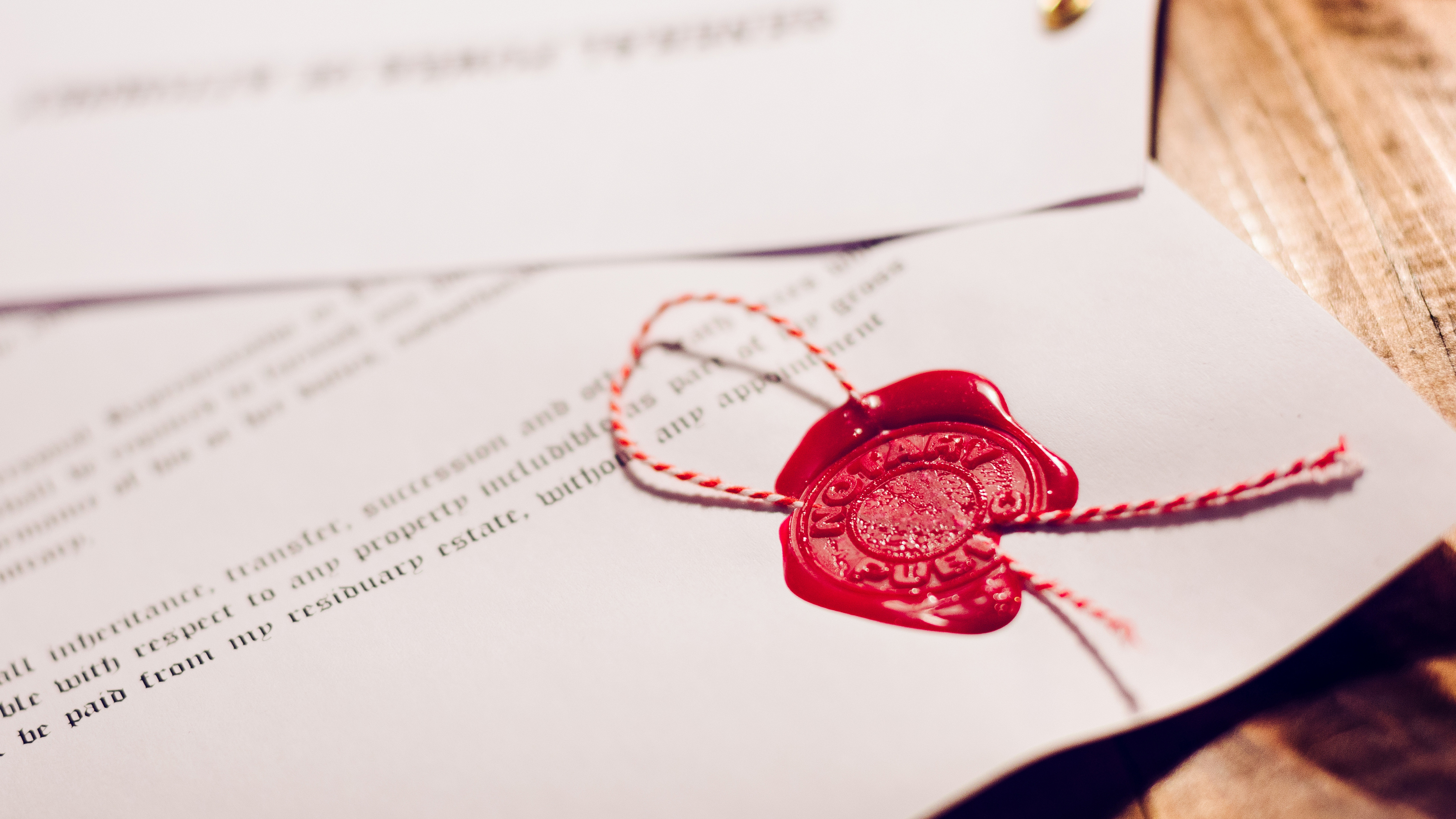Just agreed to be a loved one's executor? Forget the inheritance for now and consider the practicalities
Common – and stressful – problems you may face when inheriting an estate while being the executor too can be minimised with preparation

Inheriting a property is a dream come true, right? Well, yes, but it can come with a host of unexpected issues, and in some cases, it can bring with it uncertainty and stress, particularly if the inheritance portions aren't clearly defined in the will, and if the executor is also a family member mourning a loss.
'Inheriting a property can come as a shock and may feel like an insurmountable obstacle,' says Alex Lehr , a real estate broker and author of The Unexpected Sale: Guidance For The Executor/Administrator Of An Estate. 'Especially in the wake of a family tragedy or death, being the executor of an estate can be really challenging. And usually the biggest asset in an estate – and the most difficult to resolve – is a house.'
Lehr provides a list of important decisions the executor might face when a house is part of an inheritance to help minimise the negatives:
- To keep, rent or sell? Competing interests among siblings can make the right decision difficult. 'Caught in the middle, the executor has to ask the heirs to keep their emotions under control and put the rational facts on the table,' Lehr says. 'Selling is often the best decision if medical bills, tax issues or other reasons require cashing out. And it produces a specific amount that can be divided equally.'
- Managing a property investment? When considering keeping the property in the family, the executor needs to be objective about the beneficiaries’ dependability. 'Would you choose the other beneficiaries to be your partners in any long-term investment?' asks Lehr. 'Could they get divorced, go bankrupt or bring other entanglements?' And if you decide to rent the property, Lehr says there are issues to consider such as the local market for rentals and your ability to maintain the property.
- Establishing value of the property. If one heir or beneficiary wants to buy the house, the estate must determine the market value and get a fair price for the heirs and beneficiaries. 'One way is to get two appraisals, and to look at estimates from a real estate website such as Zillow,' Lehr says. 'Alternatively, the executor can put the property on the market with the expressed provision that one of the heirs has the right of first refusal to match the highest offer.'
- Furnished or unfurnished? It’s not unusual for an inherited home to be filled with a 30-year accumulation of stuff. 'In most cases, when the property goes on the market, thinning out the furnishings will help it show better,' Lehr says. 'Nine out of 10 buyers first see the home in online photographs.' So is this worthwhile before putting a home on the market? That’s a big question that depends on the property and circumstances.
'Being an executor is a high-responsibility, time-consuming, and often thankless job that people often take on while grieving,' Lehr concludes. 'It’s up to the executor to assess not only the physical assets of an estate, but also the people and emotions involved.'
Get small space home decor ideas, celeb inspiration, DIY tips and more, straight to your inbox!
Anna is a professional writer with many years of experience. She has a passion for contemporary home decor and gardening. She covers a range of topics, from practical advice to interior and garden design.